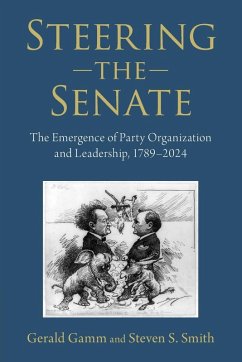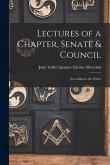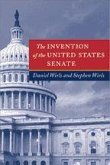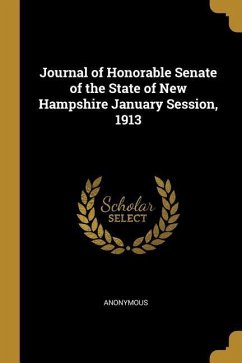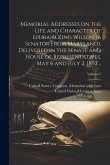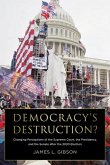The Senate majority and minority leaders stand at the pinnacle of American national government - as important to Congress as the speaker of the House. However, the invention of Senate floor leadership has, until now, been entirely unknown. Providing a sweeping account of the emergence of party organization and leadership in the US Senate, Steering the Senate is the first-ever study to examine the development of the Senate's main governing institutions. It argues that three forces - party competition, intraparty factionalism, and entrepreneurship - have driven innovation in the Senate. The book details how the position of floor leader was invented in 1890 and then strengthened through the twentieth and twenty-first centuries. Drawing on the full history of the Senate, this book immediately becomes the authoritative source for understanding the institutional development of the Senate - uncovering the origins of the Senate party caucuses, steering committees, and floor leadership.
Bitte wählen Sie Ihr Anliegen aus.
Rechnungen
Retourenschein anfordern
Bestellstatus
Storno

